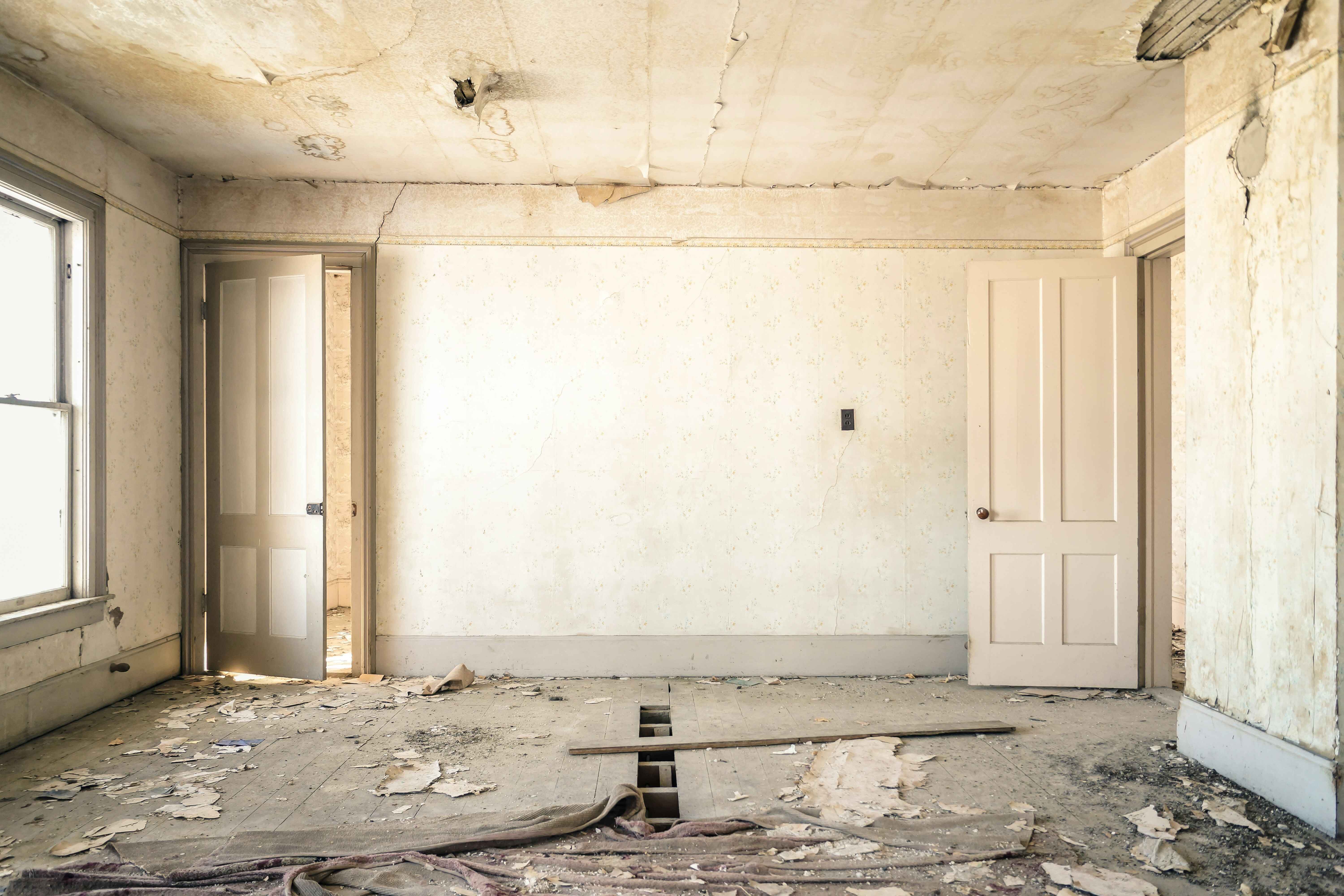What are Residential Dilapidations?
Residential dilapidations occur when a tenant fails to meet the obligations outlined in their lease concerning property upkeep, repairs, reinstatement, and redecoration. Neglecting these duties can cause the property to fall into disrepair, potentially reducing its value and marketability. Many residential leases impose strict conditions requiring tenants to maintain the property at a high standard to protect the landlord’s interests.
These conditions ensure that landlords can re-let the property promptly and at optimal rental prices once the current tenancy concludes, without delays due to necessary repairs. Failure to maintain the property can result in the landlord losing rental income. If a tenant does not comply with these responsibilities, the landlord is entitled to recover the cost of repairs through a dilapidations claim. This claim enables the landlord to restore the property to its original condition, ensuring it remains marketable and profitable. Adhering to the lease obligations is crucial for tenants to avoid costly legal disputes and potential claims from the landlord.
The Dilapidations Protocol - Safeguarding Property Standards
Landlords expect their residential properties to be returned in good or excellent condition when a tenancy ends, making the property ready for the next tenant without substantial repairs. The lease will specify the tenant's responsibilities regarding repairs and maintenance, which vary depending on the type of building being rented. For instance, if a tenant leases an entire residential construction, they are often responsible for all necessary repairs.
However, if they lease only part of the building, such as an apartment, their responsibility typically covers internal repairs and decoration. The landlord, on the other hand, is responsible for external and structural repairs, often recovering these costs through service charges distributed among all tenants in the building.
Tenants should pay attention to "put and keep" repair covenants, which require them to restore the property to its proper condition—even if it was in disrepair at the start of the lease. It is equally essential for landlords to ensure that tenants are not unfairly held responsible for repairing parts of the property that were already damaged before the lease began. Furthermore, tenants are not obligated to improve the property to increase its appeal to future tenants, as this goes beyond the scope of ordinary maintenance and repair.
Both parties must thoroughly review any additional documents related to the lease, such as licenses for property alterations or deeds of variation, to understand their obligations fully. Both landlords and tenants need to consider many factors, and expert guidance can be critical, especially as the lease nears its conclusion.
Residential dilapidations can lead to tension between landlords and tenants, mainly when disputes arise over external repairs, roof maintenance, or other structural issues. Such disagreements often lead to housing disrepair claims, where landlords may seek compensation, and tenants may argue that the conditions were pre-existing.
